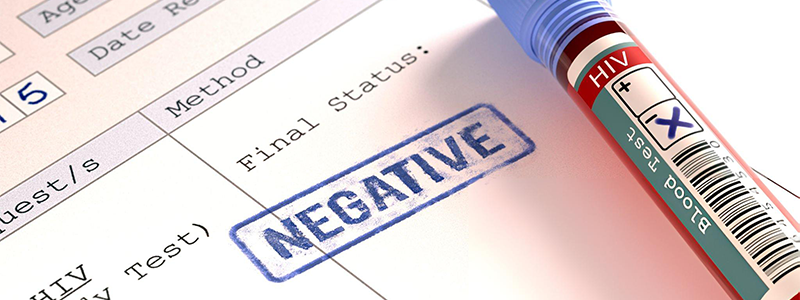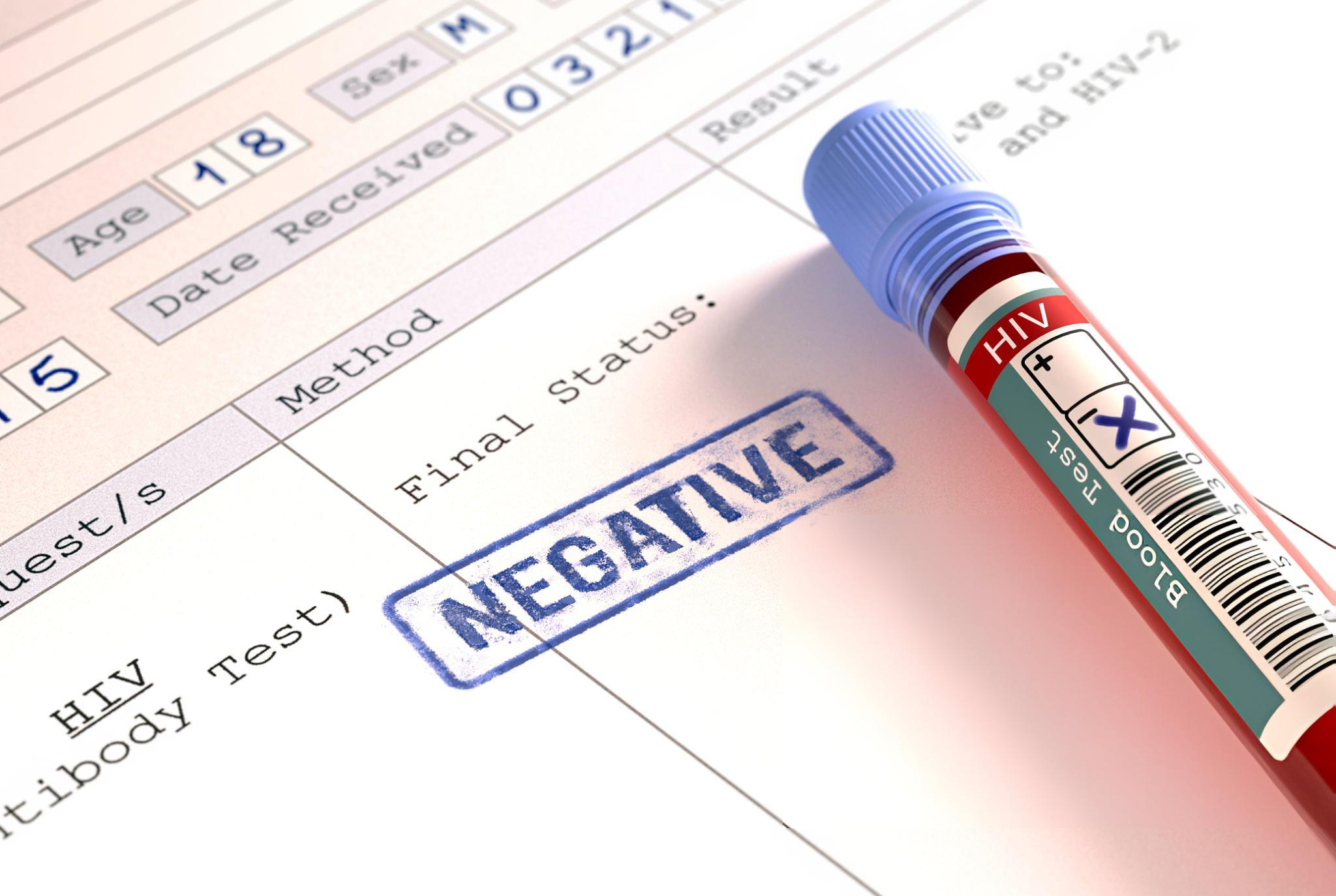- admin
- 0 Comments
Archives

The Risks of Not Getting HPV Tested: Why Screening Matters
Introduction: Understanding the risks of not getting tested for Human Papillomavirus (HPV) is crucial for protecting your health. This blog explores the potential consequences of forgoing HPV testing, the importance of early detection, and why screening should be a priority for everyone.
Unidentified HPV Infections
Not getting HPV tested means potentially missing the detection of HPV infections. HPV is a common sexually transmitted infection that often shows no symptoms, making it easy to go unnoticed without regular screening. Undetected HPV infections can lead to long-term health complications, including certain types of cancers such as cervical, anal, and oropharyngeal cancers.
Delayed Detection of Abnormal Cell Changes
HPV testing, particularly in combination with Pap smear (Pap test), helps detect abnormal cell changes in the cervix early. Without regular screenings, these changes may progress unnoticed, increasing the risk of developing cervical cancer over time. Early detection through screening allows for prompt medical intervention and treatment, significantly improving health outcomes.
Increased Risk of HPV-Related Cancers
Without HPV testing and subsequent follow-up screenings, individuals are at higher risk of developing HPV-related cancers. Persistent HPV infections can lead to cellular changes that, if left untreated, may progress to cancerous lesions. Cervical cancer, in particular, is strongly associated with certain high-risk HPV types, emphasizing the importance of regular screenings for early detection and prevention.
Missed Opportunities for Prevention and Treatment
HPV testing provides valuable information that guides preventive measures and treatment options. Positive HPV test results may prompt healthcare providers to recommend vaccination against HPV (for individuals who are eligible) or to schedule closer follow-up screenings. Delaying or skipping HPV testing reduces opportunities for timely prevention and intervention, potentially compromising long-term health outcomes.
Impact on Sexual and Reproductive Health
Neglecting HPV testing can affect sexual and reproductive health. HPV infections can lead to genital warts and complications during pregnancy, including the risk of transmitting HPV to the newborn during childbirth. Regular screening helps identify and manage HPV infections early, reducing these risks and supporting overall sexual health.
Not getting HPV tested poses significant risks to both individual health and public well-being. HPV is a common infection with serious health consequences if left undetected and untreated. Regular screenings, including HPV testing and Pap smears, are essential for early detection of infections and abnormal cell changes, leading to timely intervention and improved health outcomes. By prioritizing HPV testing, individuals can take proactive steps to protect their health and reduce the burden of HPV-related diseases. Remember, prevention through screening is key to maintaining optimal health and well-being.

Other Services
Thyroid test at home
Error: Contact form not found.


